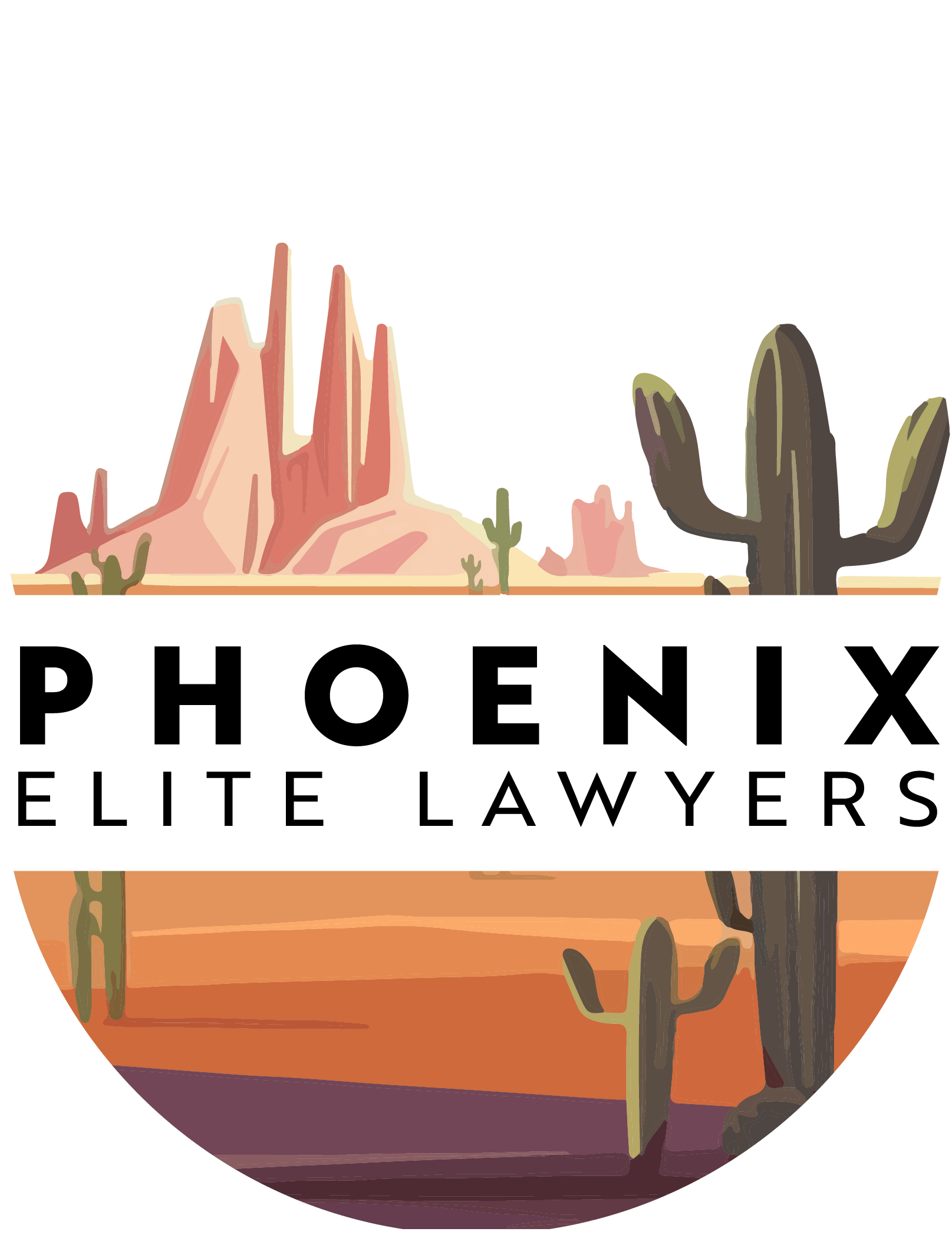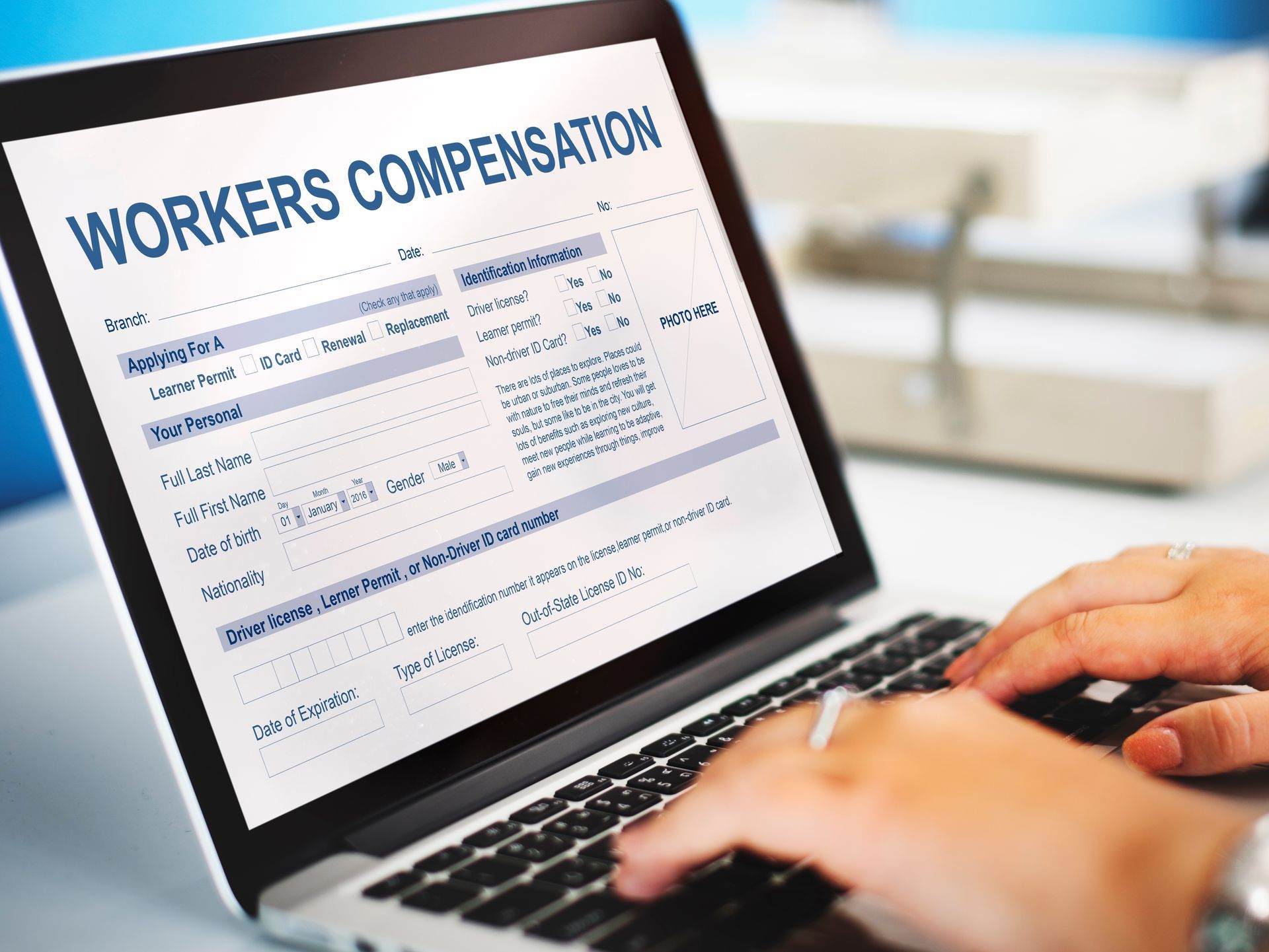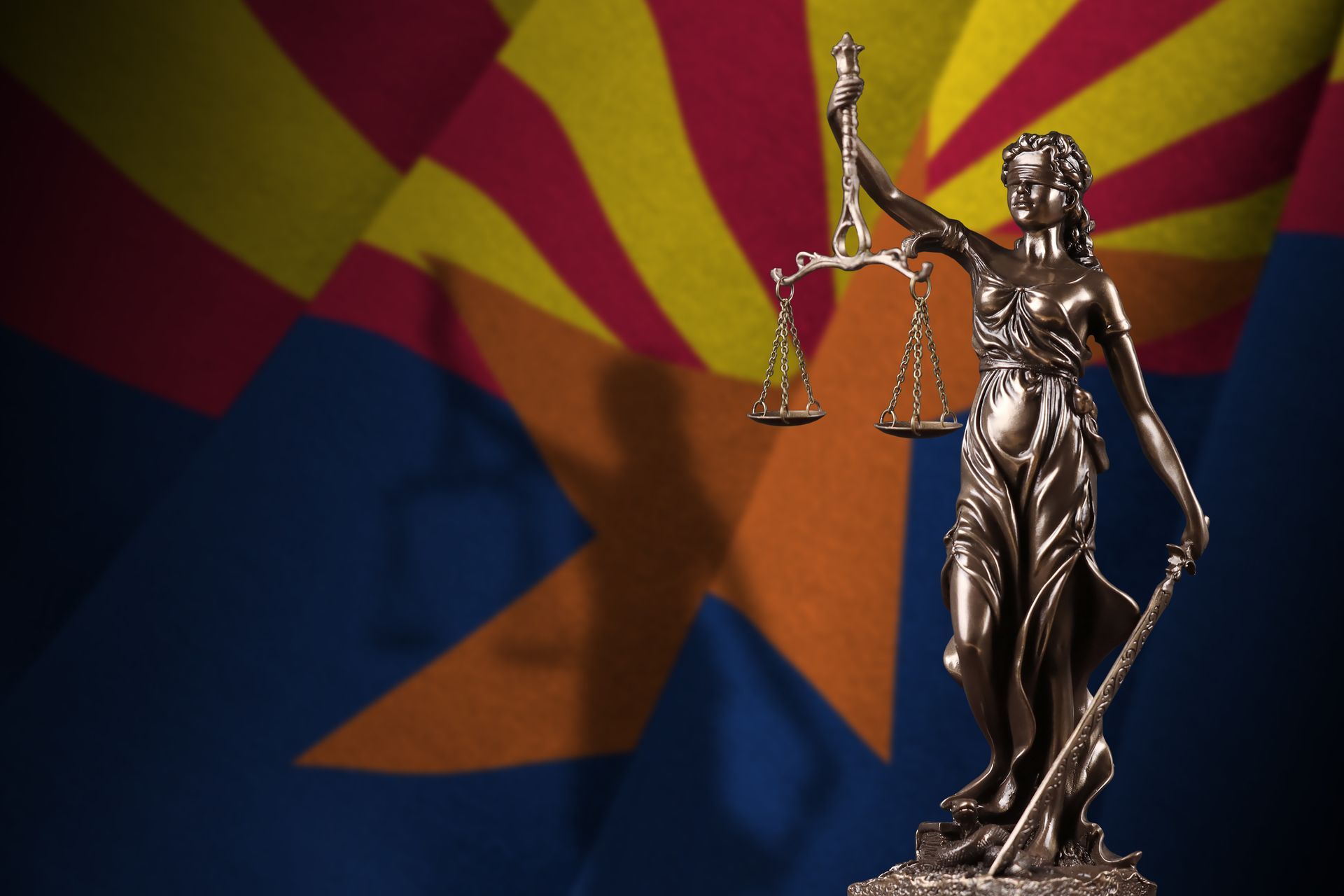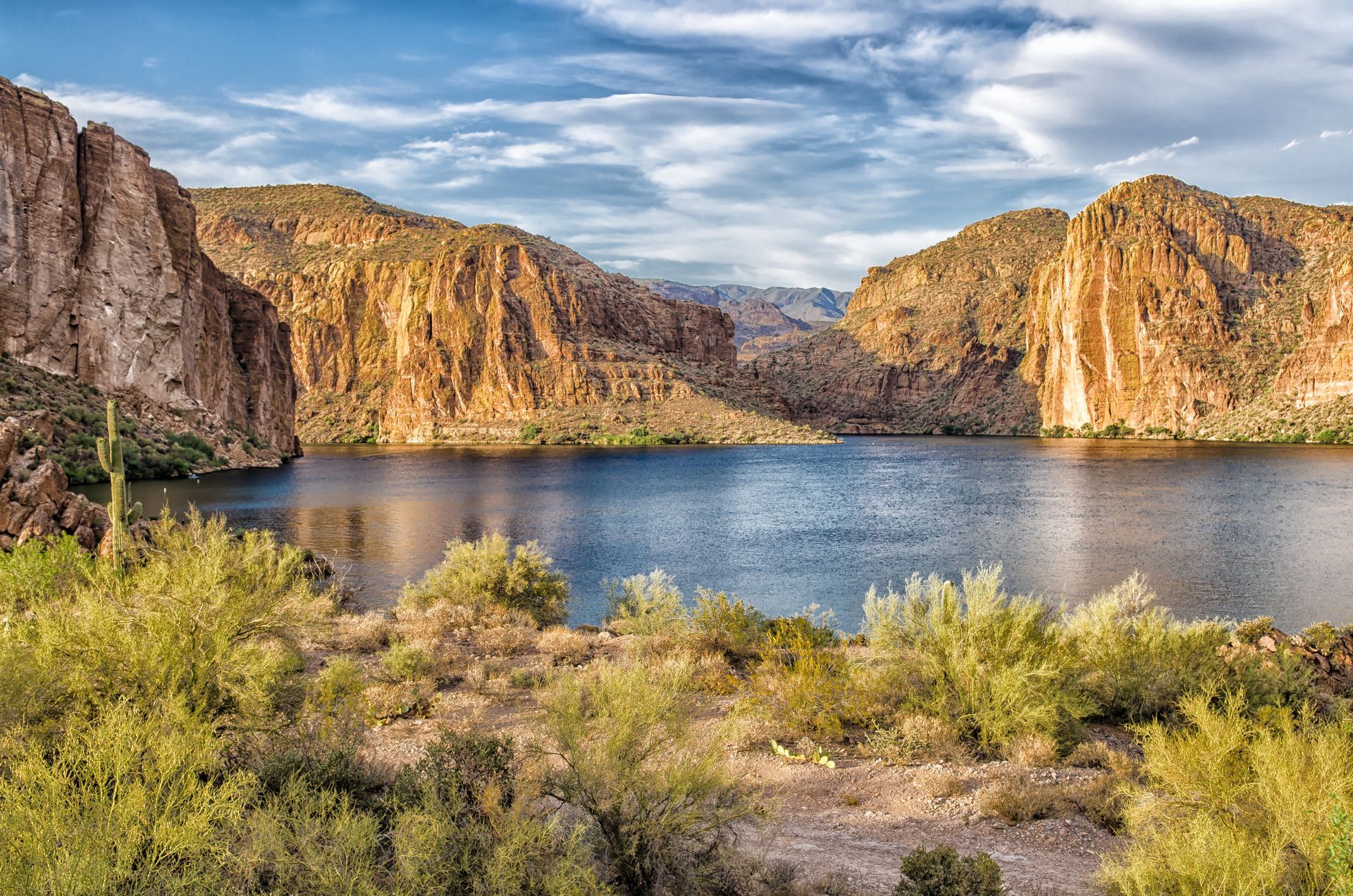How Can I Prove a Slip and Fall or Premises Liability Case?
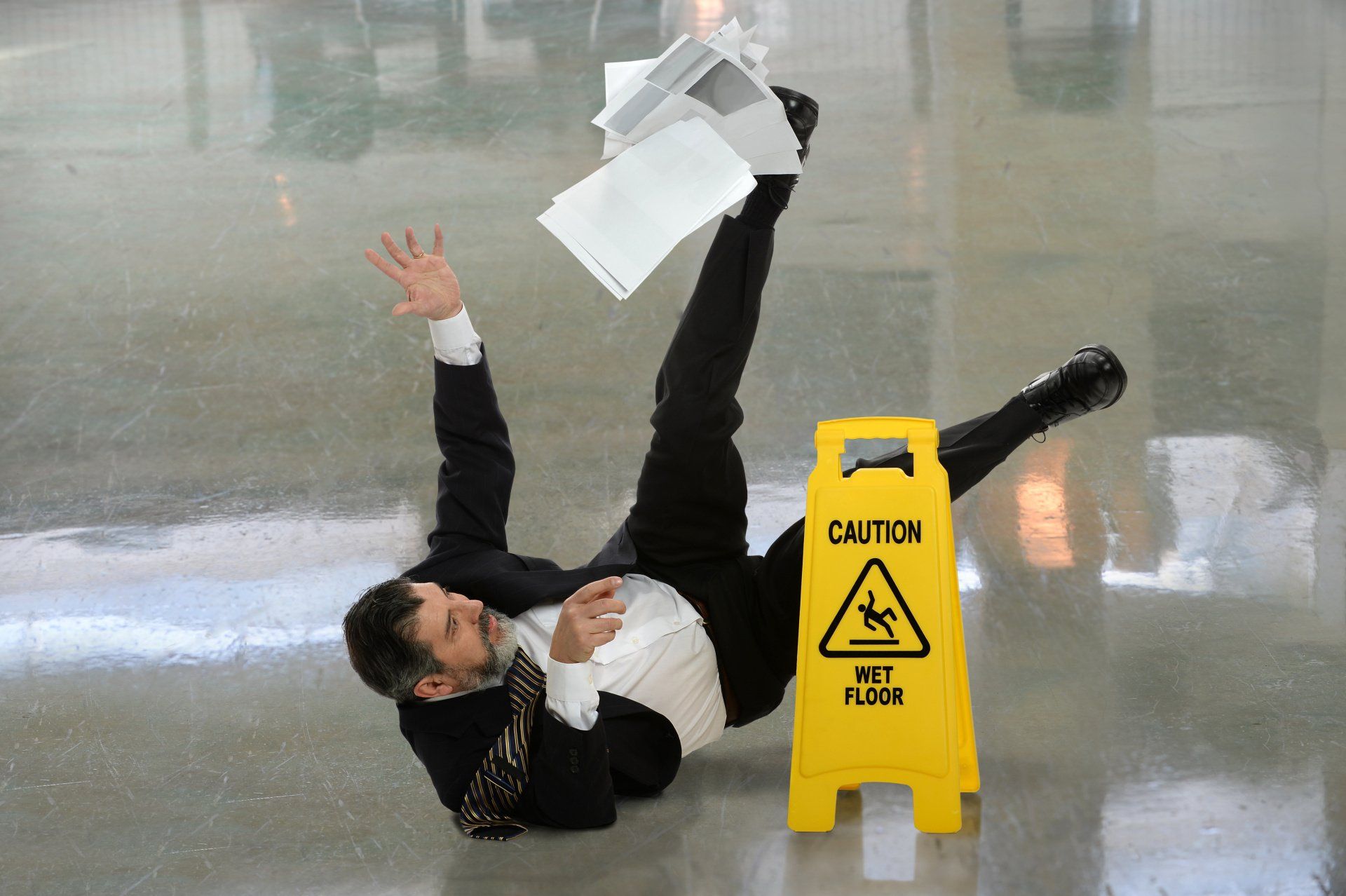
Slip and fall cases fall under the umbrella of premises liability. A premises liability case means that the plaintiff suffered personal injuries from unsafe conditions within a commercial or residential setting and now wants to hold the property owner or business financially responsible for their injuries.
People can get into accidents and suffer injuries pretty much anywhere they go, including stores, malls, movie theaters, gyms, swimming pools and private homes. While each case is different, some scenarios are more common than others. The most common types of premises liability-related injuries occur from:
- Slips and falls
- Fires
- Criminal attacks
- Falling objects
- Malfunctioning equipment
- Animal attacks
- Dangerous construction sites
- Inadequate security
- Insufficient lighting
What You Need to Prove to Win a Premises Liability Case
Don’t assume that just because you suffered injuries on someone else’s property that the owner is indisputably at fault and you are now entitled to damages. You’ll first need to prove a number of facts to be entitled to compensation for your injuries:
- The defendant owned or leased the property and had a duty to keep it safe
- The defendant knew or should have known there were hazards on the property
- The owner or lessee neglected to fix the dangers or adequately warn visitors of the hazards
- The plaintiff who was legally on the property suffered injuries due to the hazards
- Their injury caused them to suffer economic and non-economic damages
Consider a scenario were you’re walking down a grocery store aisle and leaking water from the refrigerators caused you to slip and fall. How long the leak was there might play a key role in whether the business was negligent. Whether another customer had informed an employee of the leak could also play a role. Whether there was a wet floor sign that you ignored or missed because you were looking at your phone could also impact the outcome of your case.
Even if you were injured due to negligence, you’ll still need to be able to prove those facts, which isn’t always easy or straightforward. That’s why the more evidence and documentation you can generate the better your chances.
What If Someone Was Trespassing on a Property?
One of the fundamental things you are required to prove in a premises liability case is that you had the legal right to be on the premises. Anyone entering a commercial or residential building they don’t own fall under one of these three categories:
- Invitee: When you visit a mall, grocery store, hospital or any other type of business, you are their invitee.
- Licensee: If you are a guest on someone else’s private property, this automatically makes you a licensee. For example, if a friend invites you to a party at their home, they are granting you permission to be on their property.
- Trespasser: As a trespasser you have no legal right to be on someone else’s property. If you get injured while trespassing in someone’s home or business, it may be highly unlikely to win a premises liability case.
However, the law does allow some exceptions to this rule. If the trespasser happens to be a child, they may not be considered a “regular” trespasser. If the child was drawn to the property by an attractive nuisance, such as a swimming pool or a set of swings, the property owner may be held liable for injuries they sustain while trespassing.
The owner should have known the unguarded pool or swings may attract children and should have taken adequate safety precautions to prevent them from being able to access the premises.
Gathering Evidence for a Premises Liability Case
A crucial component of a strong premises liability case is evidence of what happened. This is where things can get tricky. People injured on someone else’s property rarely think about documenting the event. They may simply be too hurt or preoccupied with other things to do so. Nonetheless, there are a few things you should do immediately after the accident occurred:
- Document what happened by taking pictures of your injuries and what caused them
- Get witness contact information (if there were any)
- Notify the business or property owner of your injuries
- Seek medical attention as soon as possible
It’s also crucial that you save all your medical records pertaining to your injuries, like bills, diagnostic forms, treatment plans and tests. If your injuries caused you to miss work and lose wages, make sure to document this as well.
Find a Premises Liability Lawyer with the Help of Phoenix Elite Lawyers
If you’ve been hurt because of someone else’s negligence and are now facing mounting financial problems, you may benefit from working with a personal injury lawyer experienced in premises liability cases. Your attorney can help you gather the evidence you need to build a compelling case and receive the compensation you deserve.
PHX Elite Lawyers helps Phoenix residents find experienced lawyers who are ready to provide you with the legal help you need. For a free consultation with a skilled personal injury lawyer, call one of the law firms listed on our website.
